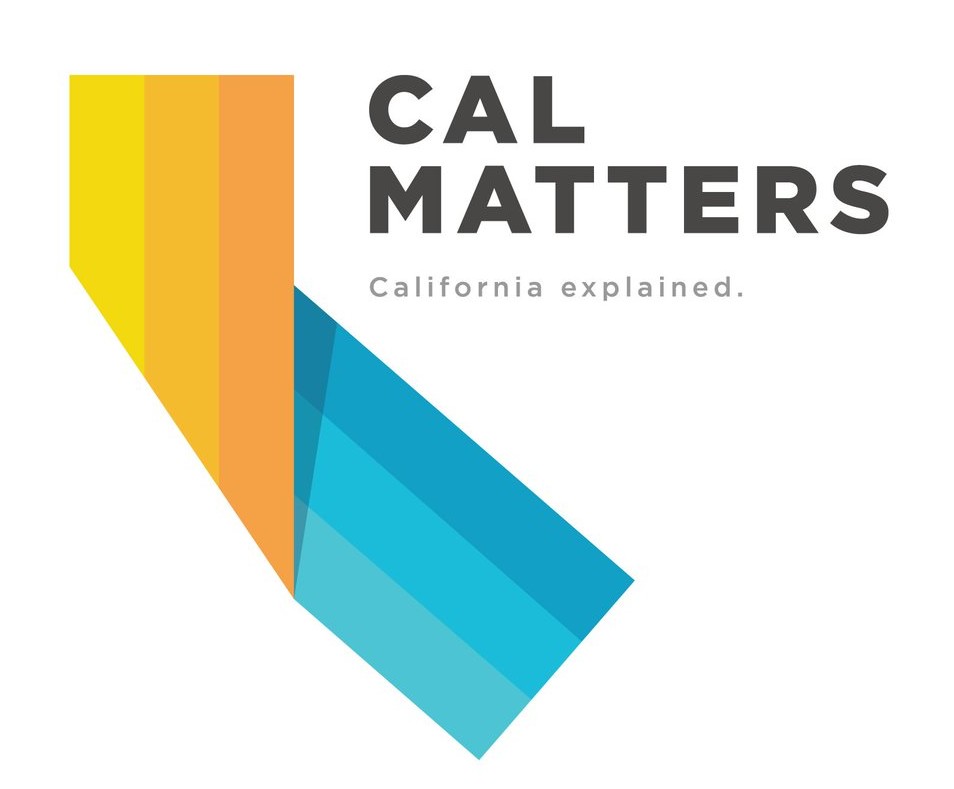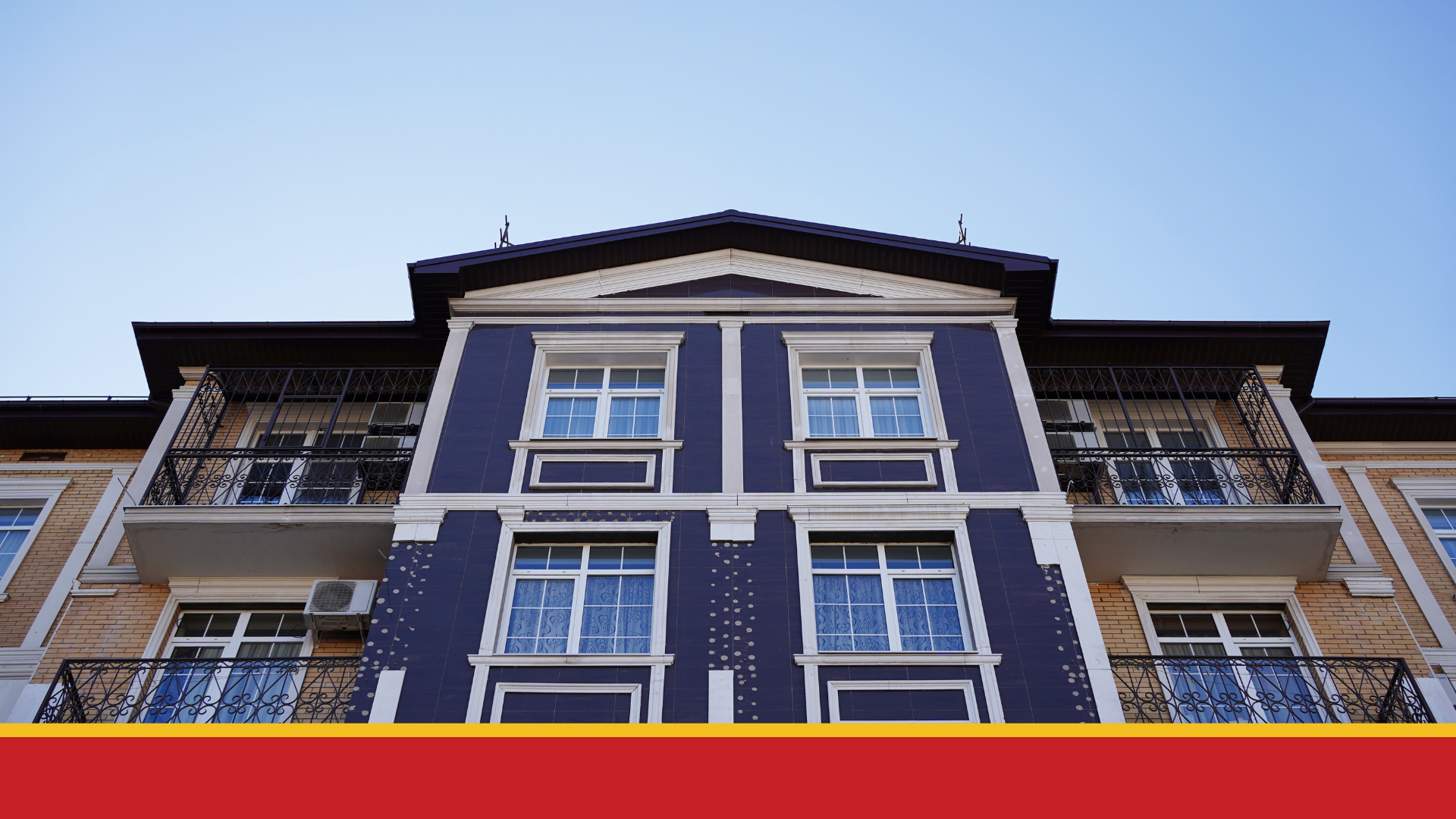 If there was ever any doubt, 2023 made two things very clear. First, California lawmakers are now fully committed to the idea that the state needs to build many more homes to tackle the state’s long term housing crisis. Second, that crisis isn’t going away anytime soon.
If there was ever any doubt, 2023 made two things very clear. First, California lawmakers are now fully committed to the idea that the state needs to build many more homes to tackle the state’s long term housing crisis. Second, that crisis isn’t going away anytime soon.
California’s steady rise in home prices and rents is the primary reason behind the state’s homelessness crisis, which grew even more dire in many parts of the state this year. Housing costs are also the culprit behind California’s sky-high poverty rate and its steady decline in population, as middle- and working-class residents seek cheaper places to live.
For years, many lawmakers in Sacramento preferred to leave questions of what gets built, where and under what terms to local governments. No longer.
A throng of state legislation passed in 2023 designed to clear aside local restrictions on construction and to diminish the threat of anti-development lawsuits, all with the goal of supercharging development. Affordable housing set aside for lower income Californians was a particular beneficiary.
The pro-housing shift in the Legislature is largely thanks to the severity of the crisis, but it’s also the product of a new pro-development coalition in Sacramento that includes developers, “Yes in my backyard” activists and, perhaps most crucially, the state’s unionized carpenters.
The state’s executive branch wants to spur production too. The governor’s Department of Housing and Community Development spent much of the past year pressuring local governments to plan for enough housing to meet statewide production goals.
In some cases, enforcement has meant promoting an old, but never-before-used state law — the so-called Builder’s Remedy — that allows developers to ignore zoning restrictions in cities that don’t pass their housing plans on time. In other cases it’s meant auditing local approval processes and taking reluctant cities to court, something Attorney General Rob Bonta has done or threatened to do on numerous occasions.
Though 2023 was a (relative) roaring success for pro-building advocates, those concerned about renter protections saw more muted gains. The Legislature passed laws that make it harder for landlords to evict tenants and that limit the size of security deposits — relatively modest changes won over the fierce opposition of the state’s powerful landlord lobby. Now that pandemic-era eviction bans enacted by state and local governments during the pandemic have largely lifted, the number of renters being tossed from their homes has shot up, driven by eviction spikes in Los Angeles and the San Francisco Bay Area. Even so, tens of thousands of tenants who turned to the state for rental assistance during the pandemic are still awaiting that help.





